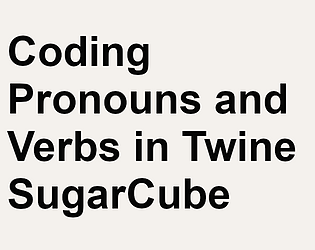Simply put, yes.
This choice is about what happened to the MC while they were in the tower. It is your choice whether MC was sexually abused or not.
This is the least prominent in Ozara's route (one time touching at most), and the most thematic in Ruben's route. If you choose this option on Nour's and Ruben's routes, then yes, it means MC was raped while they were trapped in the tower.


